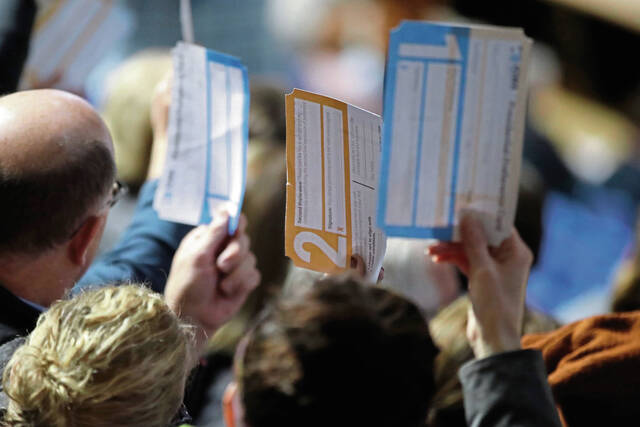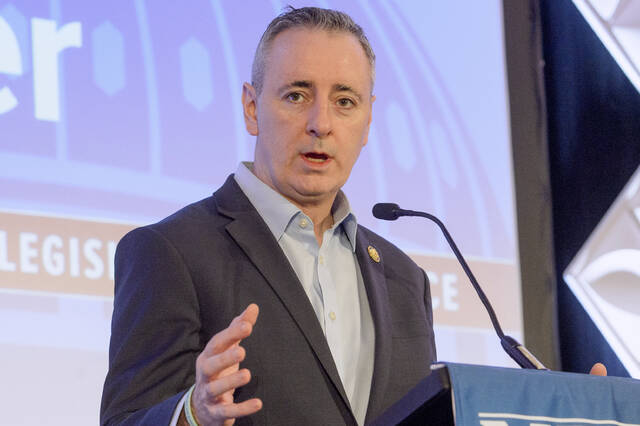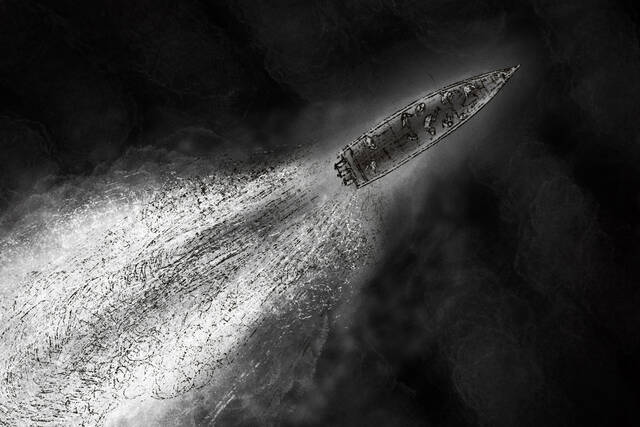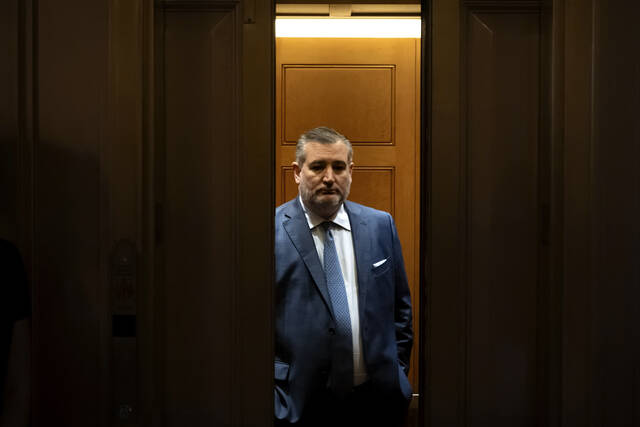I am not a fan of Iowa.
I’d like to say it’s nothing against the state of Iowa, but that would be a lie. As someone born in Minnesota and raised in Pennsylvania, I hold both Iowa and New Jersey in the same kind of thinly veiled contempt. Very thinly veiled.
I fully admit this isn’t exactly fair. I don’t care. Look at that state over there, under the Land of 10,000 Lakes, just being all squarish and boring. Ugh.
And so every four years, it is downright torturous for me to have to pay attention to what Iowa thinks. And we don’t just have to pay attention. It actually matters. A lot.
The state of Iowa has a population of roughly 3.2 million people. It’s about the number in Pittsburgh and Philadelphia combined. The state has just over 2 million registered voters, and 718,000 are Republicans.
On Monday, those Republicans will caucus to decide who their presidential nominee will be.
They are the first to do so each year — the bellwether for what will happen in the race to lead the nation.
New Hampshire has a primary process. It comes eight days later, followed by Democratic primaries in South Carolina (Feb. 3) and Nevada (Feb. 6). On Feb. 8, Republicans will caucus in Nevada and the Virgin Islands and hold their primary in South Carolina on Feb. 24. Michigan’s parties both have a Feb. 27 primary.
That means Iowa is the first step in a six-week process that will … OK, it’s probably not going to mean anything this year.
In a normal year, by Super Tuesday on March 5, we would probably have a good idea of who will be the candidate on both sides. It can start off looking one way and slide off wildly in another.
In 2016, the winners were Hillary Clinton and Ted Cruz. One won the nomination, but neither won the White House. In 2012, the Republicans chose Rick Santorum. In 2008, GOP ultimate nominee John McCain came in dead last. In 1992, Tom Harkin was the Democratic pick, with “uncommitted” as runner-up and Bill Clinton a distant fourth.
Do you remember who Tom Harkin was? Exactly.
Since 1976, only George W. Bush and Barack Obama have gone into Iowa without being incumbents and won the caucuses and the presidency.
So why do we care what Iowa thinks? Historically, they’ve been terrible about picking a winner.
Iowa also has six electoral votes. They’re important in the grand tally because every electoral vote is, but Iowa is not exactly a high-value swing state. It is not, for example, Pennsylvania.
But this year, even Iowa is unlikely to matter much in the caucus and primary round. The candidates are all but set in stone, with 2024 prepared to be a sequel to 2020.
As often happens, it will matter more to the second- and third-place finishers. Former U.N. Ambassador Nikki Haley and Florida Gov. Ron DeSantis continue to scramble for a nomination that every poll says Donald Trump will win by a landslide that will start with an avalanche of corn-fed Iowa caucus votes.
Ugh. Iowa.








